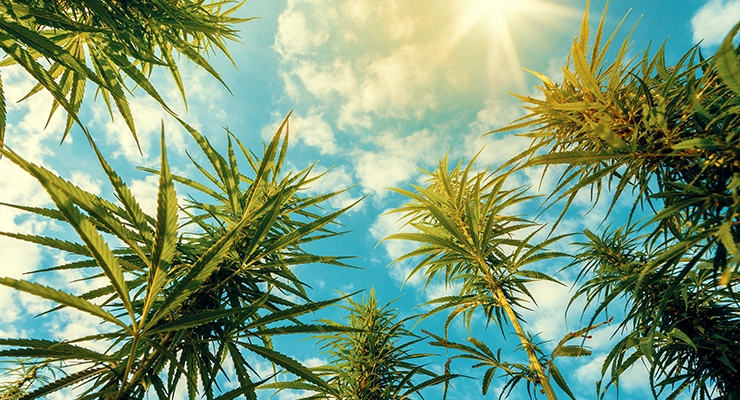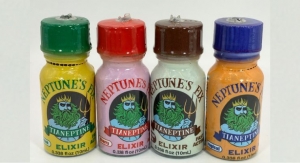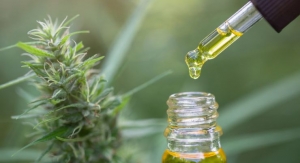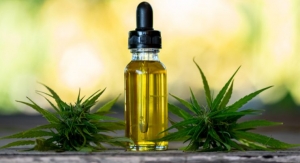02.01.19
To help the herbal products industry understand the evolving regulatory landscape for hemp and cannabidiol (CBD) products, the American Herbal Products Association (AHPA) has revised its free Status Report.
The revised Status Report: Marketing of hemp and cannabidiol (CBD) products in the United States following passage of the 2018 Farm Bill addresses the Dec. 20, 2018 statement by Food and Drug Administration (FDA) Commissioner Scott Gottlieb, MD, on cannabis-derived compounds in foods and dietary supplements. Gottlieb’s statement reviewing the impact of the 2018 Farm Bill on FDA’s authority for these products was released shortly after the signing of the new legislation.
The revision also emphasizes the need for companies to understand state and tribal legal authority to regulate hemp and hemp-derived products.
This free Status Report was produced thanks to the support and expertise of AHPA Members, especially those on AHPA’s Cannabis Committee.
FDA Commissioner Statement
Gottlieb emphasized in his statement that FDA “has authority to issue a regulation” that would allow these naturally-occurring hemp compounds in a food or dietary supplement. He also stated that FDA is now evaluating whether to pursue such a process, and clarified that the agency “would only consider doing so” if it determines “that all other requirements in the [FDCA] are met, including those required for food additives or new dietary ingredients.”
"AHPA interprets the Commissioner’s statement first and foremost as an indication that FDA shares the desire of the industry for hemp and CBD products to be properly regulated under federal law, and also recognizes its statutory authority to address the agency’s view of the prior-drug status of some Cannabis compounds through the rulemaking process," the expanded status report states.
State and Tribal Legal Authority
Under federal law as amended by the Farm Bill, the federal Controlled Substances Act (CSA) no longer restricts or limits cultivation of hemp. Instead, a state or tribal government with an approved hemp plan will have primary regulatory authority over hemp cultivation within its jurisdictional borders. For hemp production in any state or tribal territory for which USDA has not approved a hemp plan, USDA will have primary regulatory authority, production must comply with USDA’s hemp plan, and the producer must have a license issued by USDA.
Federal Legal Status
The revised document provides concise and up-to-date information on the legal status of hemp and CBD operations and products after hemp and its constituents were legalized through the Farm Bill. The guidance explores how other current and relevant laws and regulations impact this emerging industry.
The revised Status Report: Marketing of hemp and cannabidiol (CBD) products in the United States following passage of the 2018 Farm Bill addresses the Dec. 20, 2018 statement by Food and Drug Administration (FDA) Commissioner Scott Gottlieb, MD, on cannabis-derived compounds in foods and dietary supplements. Gottlieb’s statement reviewing the impact of the 2018 Farm Bill on FDA’s authority for these products was released shortly after the signing of the new legislation.
The revision also emphasizes the need for companies to understand state and tribal legal authority to regulate hemp and hemp-derived products.
This free Status Report was produced thanks to the support and expertise of AHPA Members, especially those on AHPA’s Cannabis Committee.
FDA Commissioner Statement
Gottlieb emphasized in his statement that FDA “has authority to issue a regulation” that would allow these naturally-occurring hemp compounds in a food or dietary supplement. He also stated that FDA is now evaluating whether to pursue such a process, and clarified that the agency “would only consider doing so” if it determines “that all other requirements in the [FDCA] are met, including those required for food additives or new dietary ingredients.”
"AHPA interprets the Commissioner’s statement first and foremost as an indication that FDA shares the desire of the industry for hemp and CBD products to be properly regulated under federal law, and also recognizes its statutory authority to address the agency’s view of the prior-drug status of some Cannabis compounds through the rulemaking process," the expanded status report states.
State and Tribal Legal Authority
Under federal law as amended by the Farm Bill, the federal Controlled Substances Act (CSA) no longer restricts or limits cultivation of hemp. Instead, a state or tribal government with an approved hemp plan will have primary regulatory authority over hemp cultivation within its jurisdictional borders. For hemp production in any state or tribal territory for which USDA has not approved a hemp plan, USDA will have primary regulatory authority, production must comply with USDA’s hemp plan, and the producer must have a license issued by USDA.
Federal Legal Status
The revised document provides concise and up-to-date information on the legal status of hemp and CBD operations and products after hemp and its constituents were legalized through the Farm Bill. The guidance explores how other current and relevant laws and regulations impact this emerging industry.




























